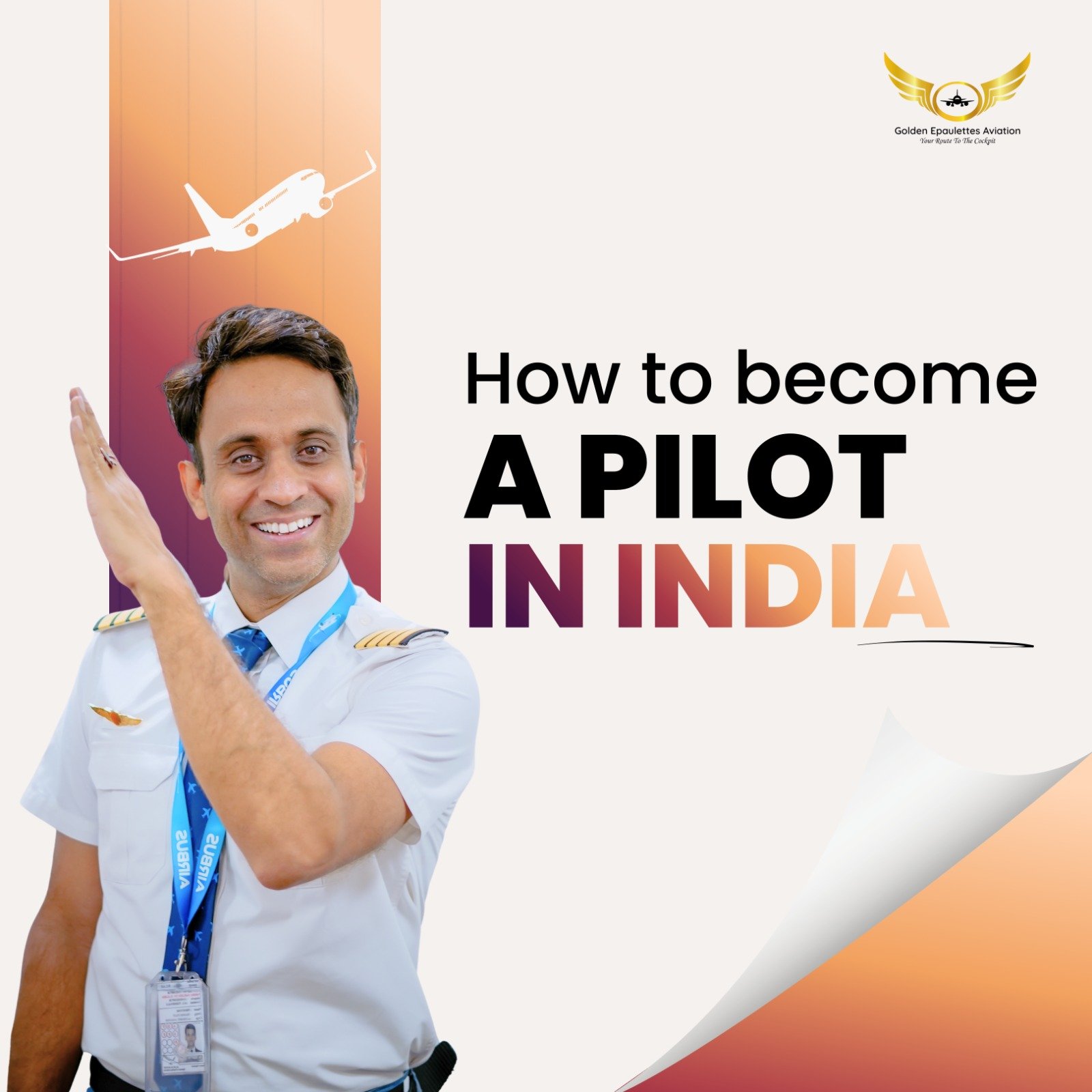Content will be added soon
Blog
•
13 Mar 2023
DGCA CPL Ground Classes - What to Expect
Understanding Aircraft Pilots and the DGCA CPL Ground Classes
R
Rohit
Author

